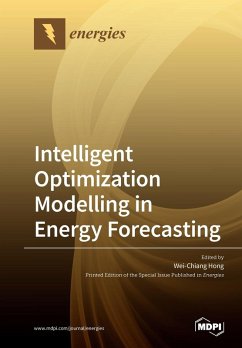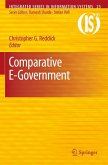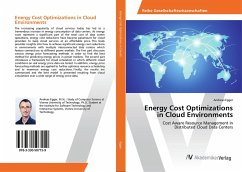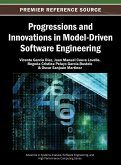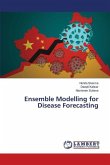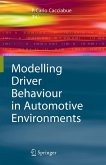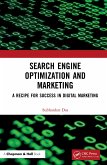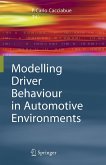Accurate energy forecasting is important to facilitate the decision-making process in order to achieve higher efficiency and reliability in power system operation and security, economic energy use, contingency scheduling, the planning and maintenance of energy supply systems, and so on. In recent decades, many energy forecasting models have been continuously proposed to improve forecasting accuracy, including traditional statistical models (e.g., ARIMA, SARIMA, ARMAX, multi-variate regression, exponential smoothing models, Kalman filtering, Bayesian estimation models, etc.) and artificial intelligence models (e.g., artificial neural networks (ANNs), knowledge-based expert systems, evolutionary computation models, support vector regression, etc.). Recently, due to the great development of optimization modeling methods (e.g., quadratic programming method, differential empirical mode method, evolutionary algorithms, meta-heuristic algorithms, etc.) and intelligent computing mechanisms (e.g., quantum computing, chaotic mapping, cloud mapping, seasonal mechanism, etc.), many novel hybrid models or models combined with the above-mentioned intelligent-optimization-based models have also been proposed to achieve satisfactory forecasting accuracy levels. It is important to explore the tendency and development of intelligent-optimization-based modeling methodologies and to enrich their practical performances, particularly for marine renewable energy forecasting.

